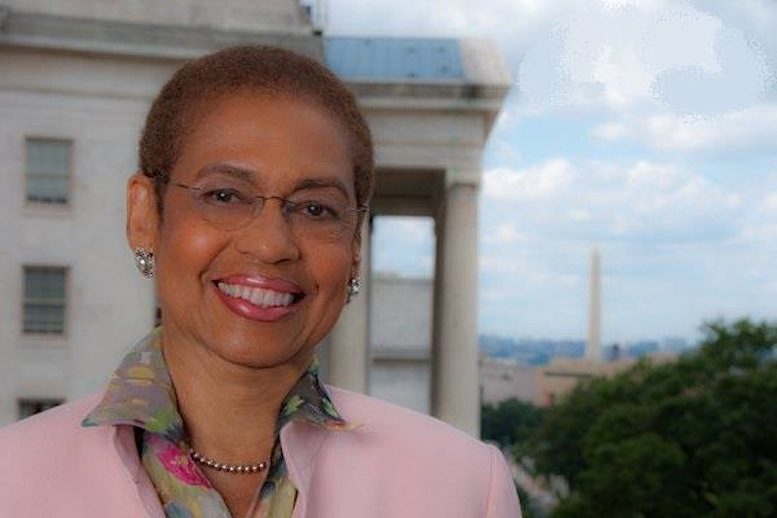Capitol Buzz: Home Rule, Campaign Finance, Voting Rights
By • November 5, 2018 0 682

Norton’s Push for Home Rule Going Nowhere
Del. Eleanor Holmes Norton (D-D.C.) is trying once again to diminish the power of the federal government over the District. On Oct. 15, she introduced a bill in Congress to remove the authority of the U.S. Commission of Fine Arts to review and approve all development plans for D.C.-owned parks, buildings and land and certain private properties. In the past, Norton has introduced numerous bills proposing statehood for D.C. This new bill joins other Norton land-use proposals that would give the District the authority to appoint all the members of the D.C. Zoning Commission and the Board of Zoning Adjustment. None of these bills has moved forward to a vote.
“As we continue to fight for statehood, we cannot sit on ways Congress could act now to remove unnecessary, undemocratic limitations on D.C.’s local government. That is why I am simultaneously moving to expand home rule, including for the most local of activities, such as land-use policies,” Norton said.
Campaign Money Always Comes With Strings
Voters beware! Money comes with strings. This old bit of electioneering wisdom is increasingly relevant in these days of big-dollar campaigns in national and local elections alike, even here in D.C. where election energies are focused not on congressional campaigns but on hyper-local races for advisory neighborhood commission and Council seats. The adage has come up in the increasingly competitive race between incumbent at-large Council representative Elissa Silverman and challenger Dionne Reeder.
Last month, in a somewhat unusual move, Mayor Muriel Bowser endorsed Reeder. The endorsement brought funds and help to Reeder’s campaign from the mayor’s extensive donor network, which in turn drew increased attention and endorsements from the local press. But critics worry that Reeder will now be obliged to support the mayor in controversies over D.C.’s schools, which are governed by the mayor and have been immersed in scandals over achievement and attendance rates, tuition fraud and administrative favors. “I do not believe the mayor endorsed me to be her rubber stamp,” Reeder said. But Scott Goldstein, founder of teacher advocacy group EmpowerEd DC, remarked: “The money is not without strings attached.”
Voting Rights: A SCOTUS-Dependent Honor System
The midterm election tomorrow, Nov. 6, is being called the most important midterm election in recent history. The results will depend on voter turnout. Experts believe that, nationally, a record 50 percent of qualified voters might turn out to vote. But just who is a voter? Even in these contentious times, almost everyone can agree on three simple requirements: a voter must be a U.S. citizen, 18 years old or older and vote only once in an election.
In fact, however, voting is an honor system run by the states. There is no national voter registration or voting system, no national ballot. The details of registering, voting, counting and monitoring voters are left to each state. For instance, 37 states and the District of Columbia allow early voting. Most states allow absentee ballots as well as registration at a resident’s polling station on the day of the election.
But few if any states ask for proof of citizenship outside of checking a box. And there is no national system for states to check if anyone cast two votes. Students, for instance, are urged to vote on campus but also can easily cast an absentee ballot in their home states. Many people are registered to vote in multiple jurisdictions — often at a prior address. That is not illegal per se. But voting multiple times is illegal. Northern Virginia, eastern Maryland and D.C. are one of the only areas that has a partial interstate vote-tracking system.
The “right” of a citizen to vote is mentioned four times in the Constitution — in the 14th and 15th Amendments of 1868. But the voting rights issue is ultimately dependent on the U.S. Supreme Court. According to constitutional law professor Garrett Epps, “even an overwhelming majority of Congress cannot protect this right to vote more strongly than the Court feels appropriate.”
In upcoming issues of The Georgetowner, the visions and plans of the winning candidates in elections pertinent to Georgetown will be featured.

